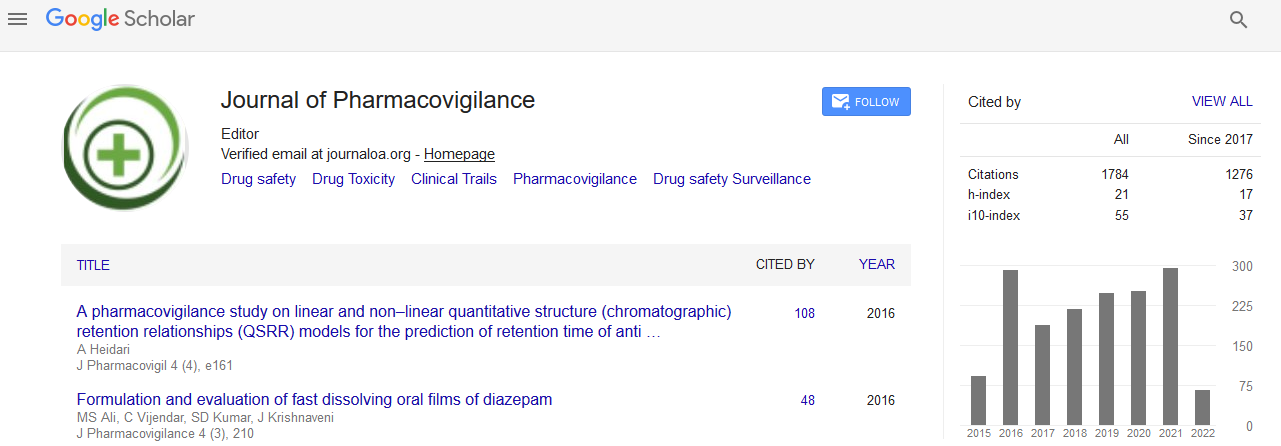Indexed In
- Open J Gate
- JournalTOCs
- The Global Impact Factor (GIF)
- RefSeek
- Hamdard University
- EBSCO A-Z
- OCLC- WorldCat
- Publons
- Euro Pub
- Google Scholar
Useful Links
Share This Page
Journal Flyer

Open Access Journals
- Agri and Aquaculture
- Biochemistry
- Bioinformatics & Systems Biology
- Business & Management
- Chemistry
- Clinical Sciences
- Engineering
- Food & Nutrition
- General Science
- Genetics & Molecular Biology
- Immunology & Microbiology
- Medical Sciences
- Neuroscience & Psychology
- Nursing & Health Care
- Pharmaceutical Sciences
Abstract
Anti-Bacterial Activity of Garlic Extract against Human Pathogenic Bacteria
Wolde T, Kuma H, Trueha K and Yabeker A
In many developing countries a large proportion of the population relies on traditional practitioner of medicinal plants in order to meet health care need. Garlic is one of the herbs that used by traditional practitioners for preparation of herbals medicine. Emergence of drug resistance is obvious and global confront. Seeking for other antibiotics which are new, natural, plant based. Garlic is classified as member of family Alliaceae. Allicin is one of the active principal of freshly crushed garlic homogenates, have variety of antimicrobial activities. This study was conducted to evaluate the anti-bacterial effect of garlic against standard isolates of S. aureus and E. coli kindly obtained from EHNRI. Four different solvents having different polarity were used to extract the bioactive compound from garlic. The Antibacterial activity of the crude extracts of garlic was evaluated against Standard isolates of S. aureus and E. coli by an agar diffusion method. The trial was done in triplicates. A Factorial Design with three factors was used. The treatment means were compared by a Student’s t- test with least significant difference (LSD) at 5% (P=0.05) and the data analysis was performed using mini tab statistical software package. In this experiment the non-polar chloroform had higher inhibition zone. The highest yield potential was obtained from water followed by ethanol, chloroform and petroleum ether respectively. E. coli were so susceptible than S. aureus to the extracts. Garlic could be used as effective antibacterial agent for human pathogenic bacteria.


